Introduction
We are pleased to introduce the initiatives of companies participating in the Ministry of Economy, Trade and Industry’s overseas demonstration project “Future Classrooms” on the EDU-Port Japan website. This article was contributed by SuRaLa Net Co., Ltd.
It is common today for every schoolchild to be provided with a terminal, but in 2019 when SuRaLa began working on the Future Classrooms demonstration project, there was no ICT environment to speak of. Please take a look at the company’s efforts to date to promote the increased use and deep penetration of “Surala” ICT teaching materials with a view to achieving learning outcomes.
Under the corporate ethos, “Bringing transformation to education and empowerment to children,” SuRaLa develops and supplies teaching materials centered on the interactive “Surala” ICT teaching materials for individual optimization using AI. “Surala” is used by more than 420,000 students at over 2,500 public schools, private secondary schools, and major cram schools across Japan.
Triggered by the COVID-19 pandemic, every schoolchild is now provided with a terminal under the government’s GIGA School Program and the use of digital teaching materials has become the norm. Just five years ago, however, this was far from the case and we were forced to start from scratch. Our company was selected by the Ministry of Economy, Trade and Industry as a Future Classrooms demonstration project in those times, and since 2019 we have been working on practical use of ICT teaching materials. From zero terminals and zero digital teaching materials, we have promoted the increased use and deep penetration of “Surala” ICT teaching materials with a view to achieving learning outcomes.
2019: Starting from zero ICT education using local standard schools as the demonstration field
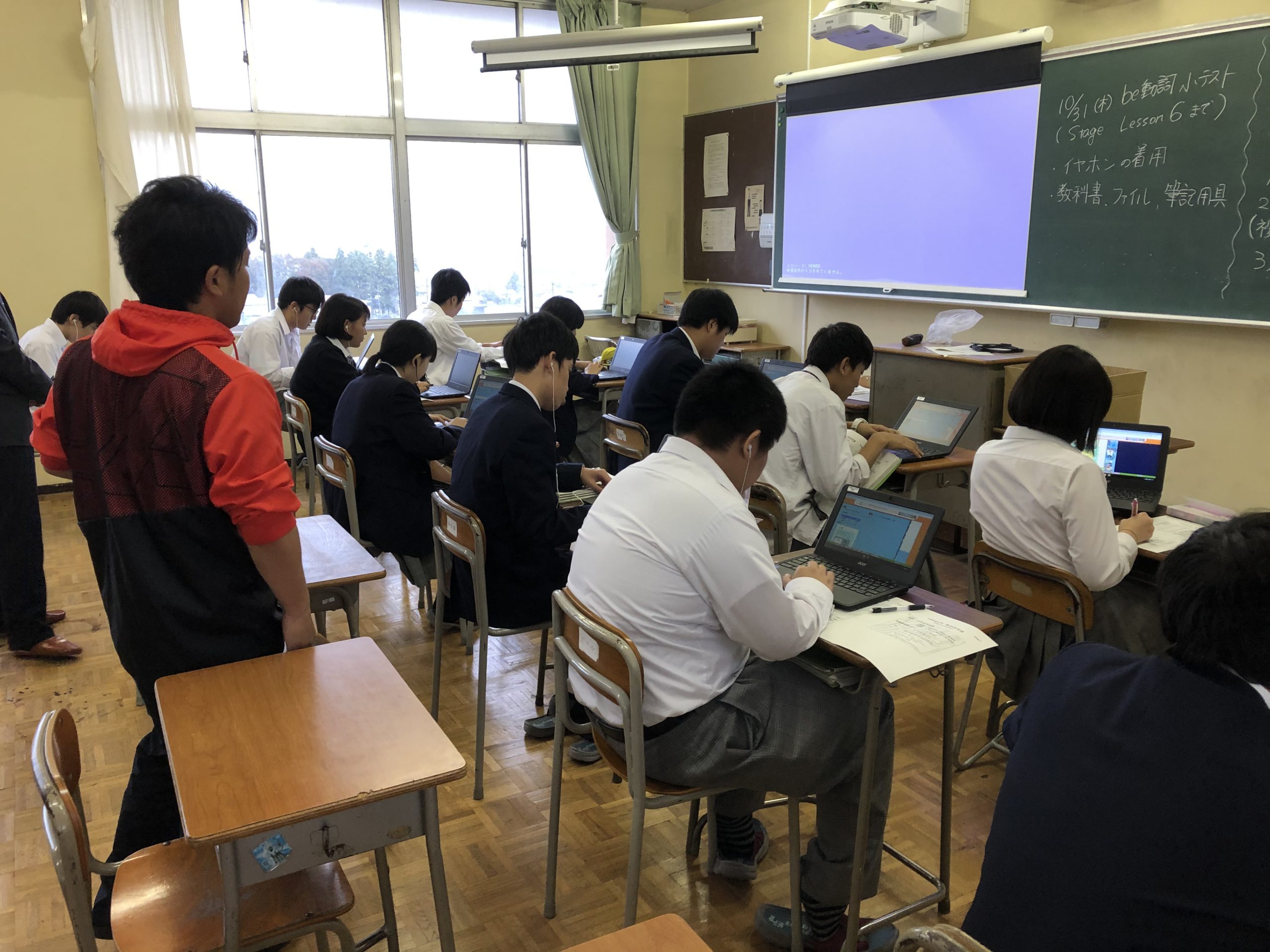
2020: Deployment in multiple grades and schools and utilization to enhance learning motivation
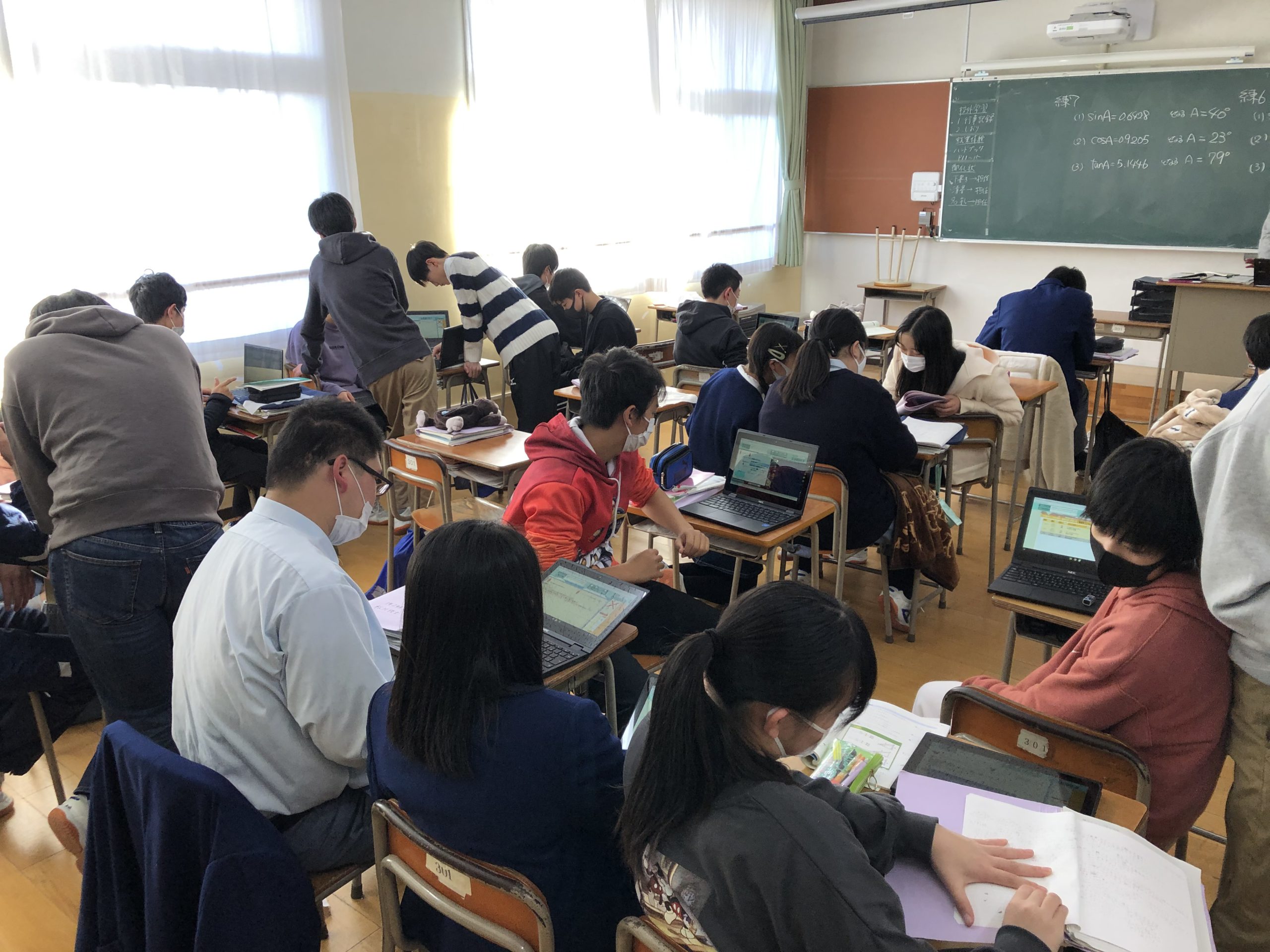
2021: Challenges in linking inquiry-based learning for considering a career path and individually-optimized learning
In the third year of the demonstration project, we worked on learning that effectively connects inquiry-based learning (consideration of career path) set by the demonstration schools themselves to enhance knowledge of the attractions and history of the local area through various activities to learn about and better understand the local area, and individually-optimized learning. First, in preparation for the company visits that take place in the course of inquiry-based learning, we organized the subject content linked to the related skills required by each type of industry, and the corresponding “Surala” learning units. We then adjusted the settings on “Surala” so that students could study whenever they wanted to and helped students become aware of the linkage between the subject content and the real world. Through this initiative, students experienced a link between their desired career path and the subjects they were studying, and an increase in their motivation to learn was observed. We also found that over 90% of students engaged in self-study.
We demonstrated that it is possible not only to inspire students to study using ICT materials, but also to consider the possibility of creating a mechanism linking their studies to ICT materials, thereby bringing about changes in students, teachers and even schools.
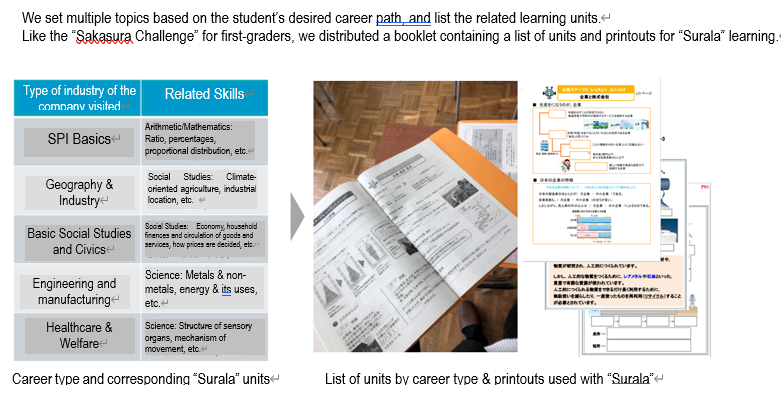
2022: Creating a mechanism for linking daily learning logs with other data and creating learning outcomes
In the fourth year of the demonstration project, we aggregated the daily learning data from “Surala” and the results data of regular paper tests into a platform run independently by the local government, and used the data to communicate with students and verify changes in teaching methods. By linking each question in the regular test to a “Surala” learning unit, we were able to deliver assignments for students to re-learn the parts they had got wrong in the regular test. In addition, various different learning data obtained daily from “Surala” learning, tests and regular tests can be managed on a single screen, making it possible to obtain student information efficiently and provide proper guidance to the students based on the data.
By distributing assignments after the regular tests, we were able to help each student overcome their different weaknesses. We were also able to verify cases where providing and using communication tools for students and teachers led to enhanced motivation to learn. Furthermore, we observed an increasing number of students who solved their anxieties regarding learning and became more confident.
【Overall picture of the demonstration project】
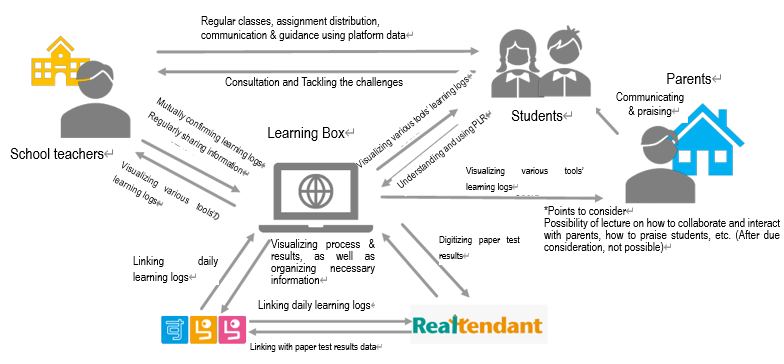
Summary
SuRaLa not only achieves individually-optimized learning through the useful and unique “Surala” ICT teaching materials, but also creates mechanisms that lead to more effective learning, and develops and proposes methods of operation that lead to increased motivation not only for students but also for teachers. As times change, so do the challenges. As a pioneering EdTech company in Japan, we aim to utilize the various data and know-how in our possession to align with the educational field and stay one step ahead in solving educational challenges.
Profile of Author
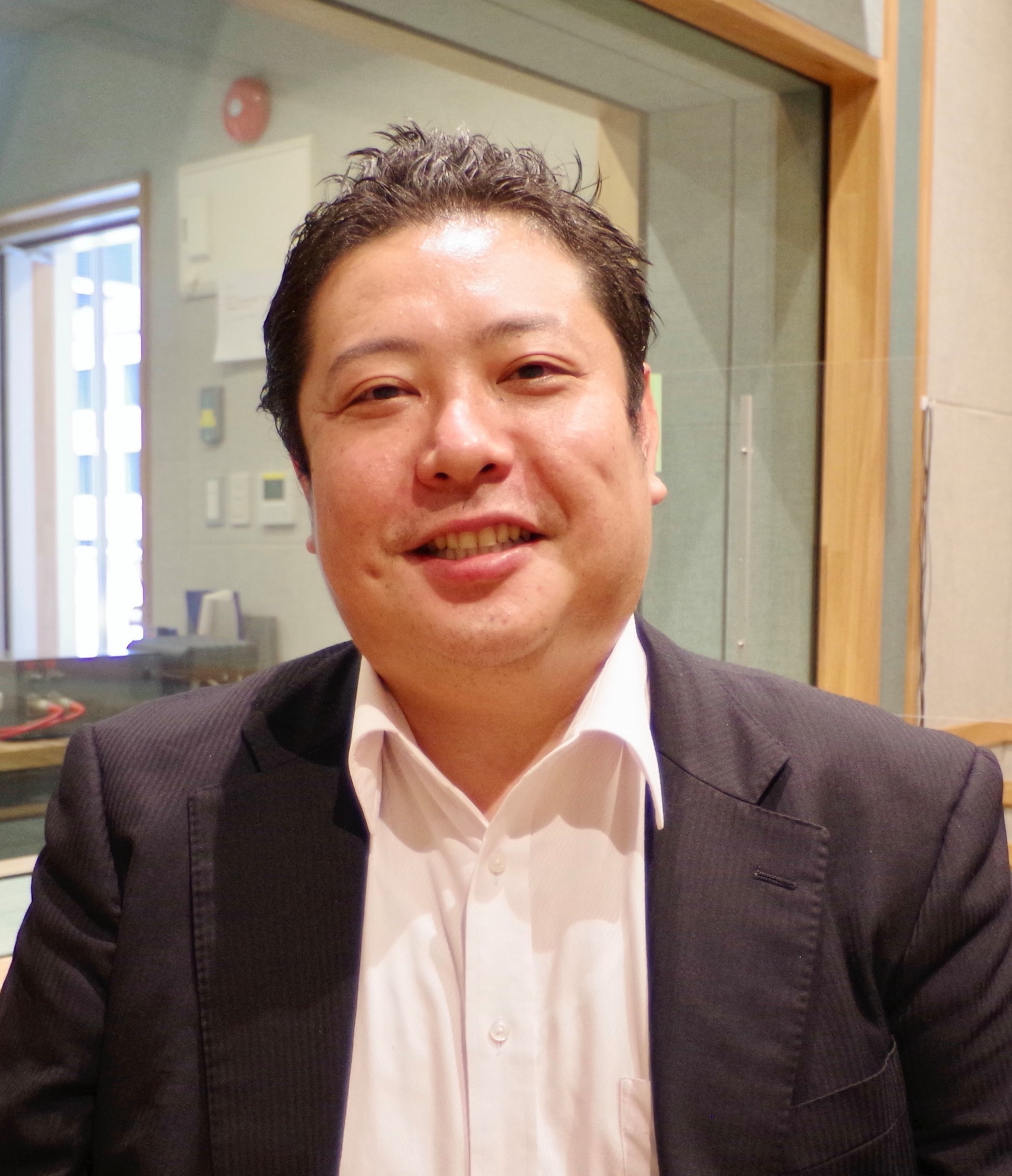 Toshinobu HAYASHI
Toshinobu HAYASHIExecutive Officer of SuRaLa Net Co., Ltd. / School Team Section Chief, Marketing Group
After graduating from university, he joined a major human resources service company. After working as a sales manager and division manager for job advertising, recruitment, etc., he joined SuRaLa Net in 2015, believing that “education prior to becoming a working adult is important for developing human resources who will play an active role in society.” After joining the company, he served as the Kansai area manager of the solutions team for schools, before assuming his current position in 2021.







